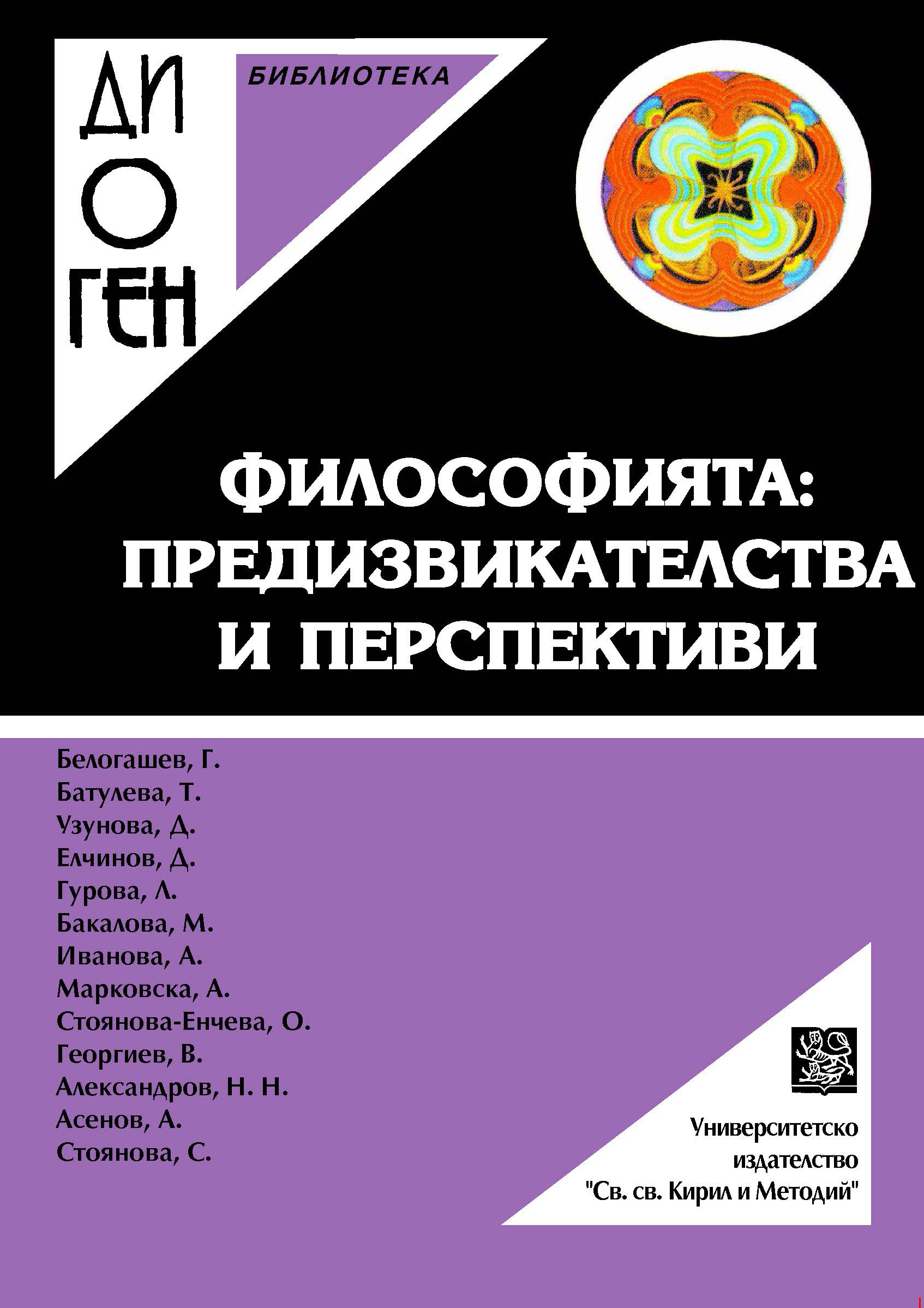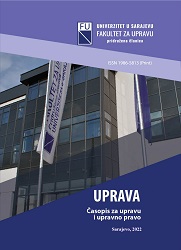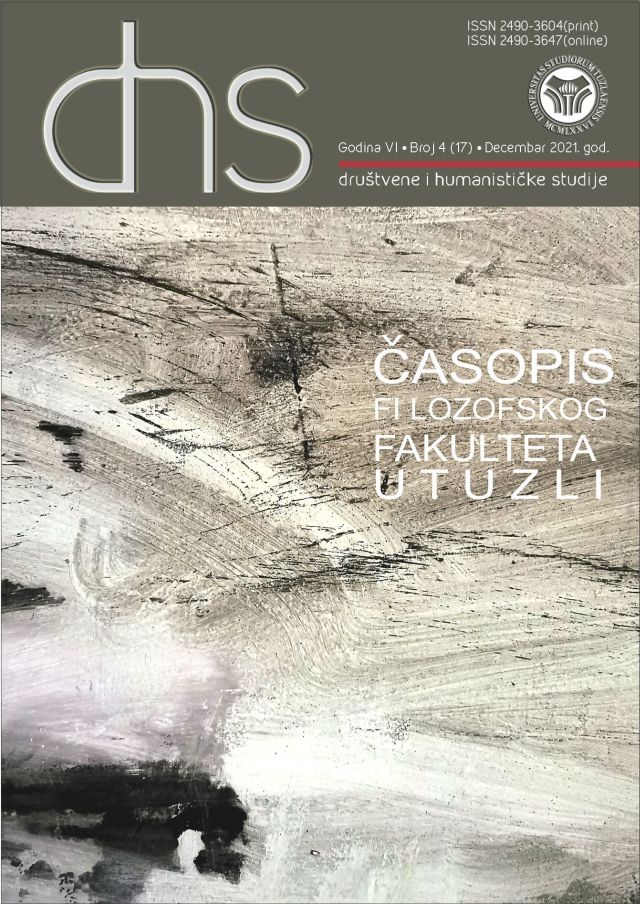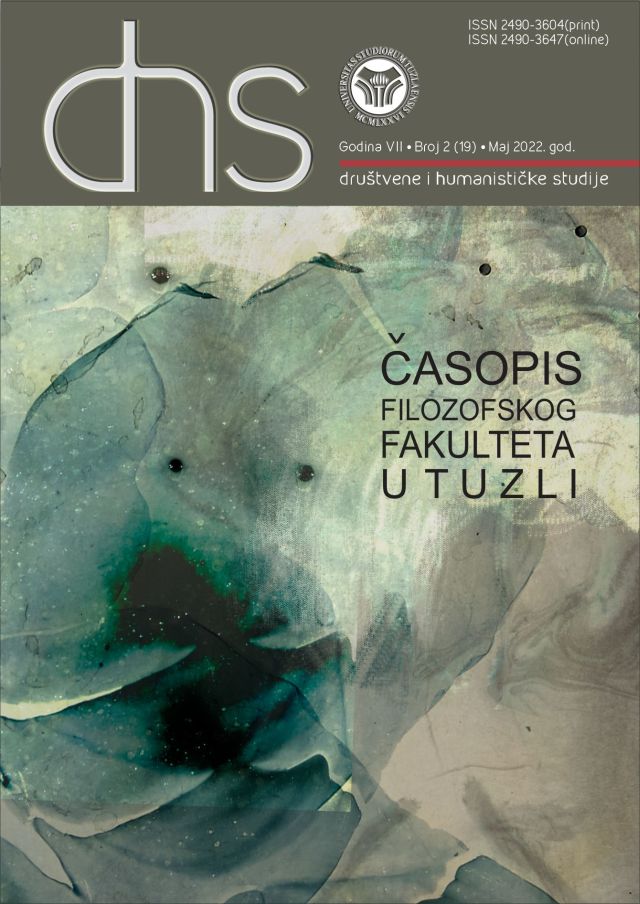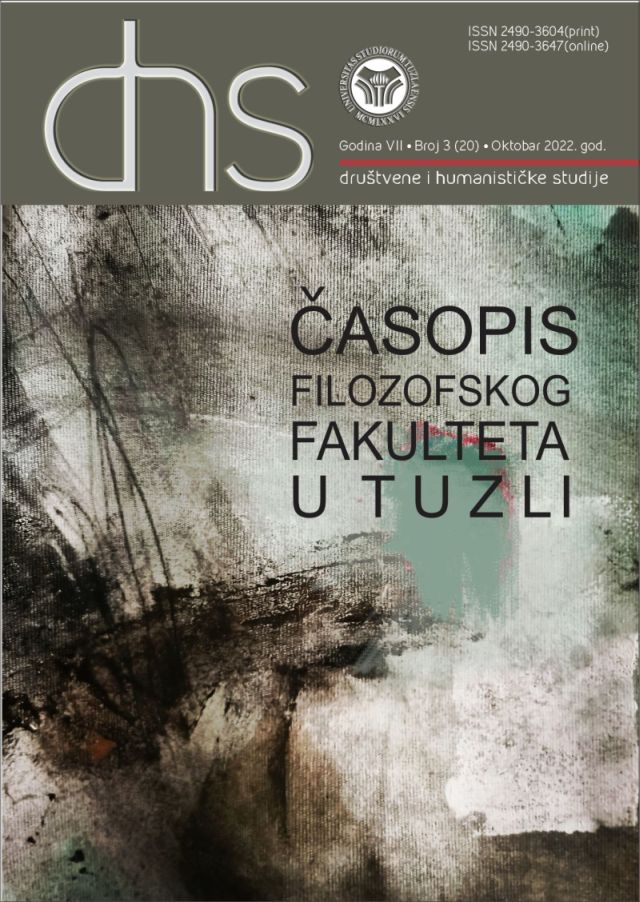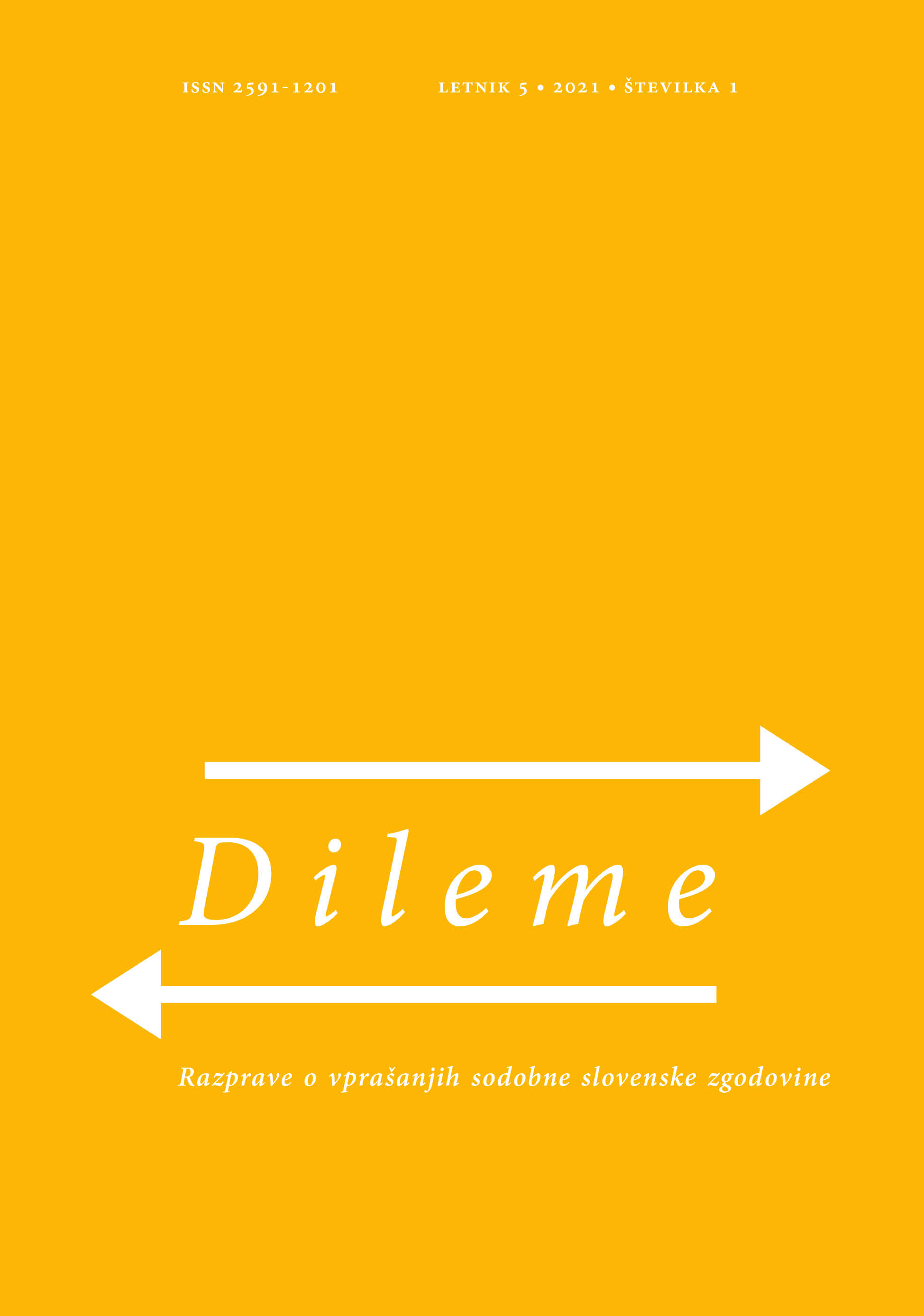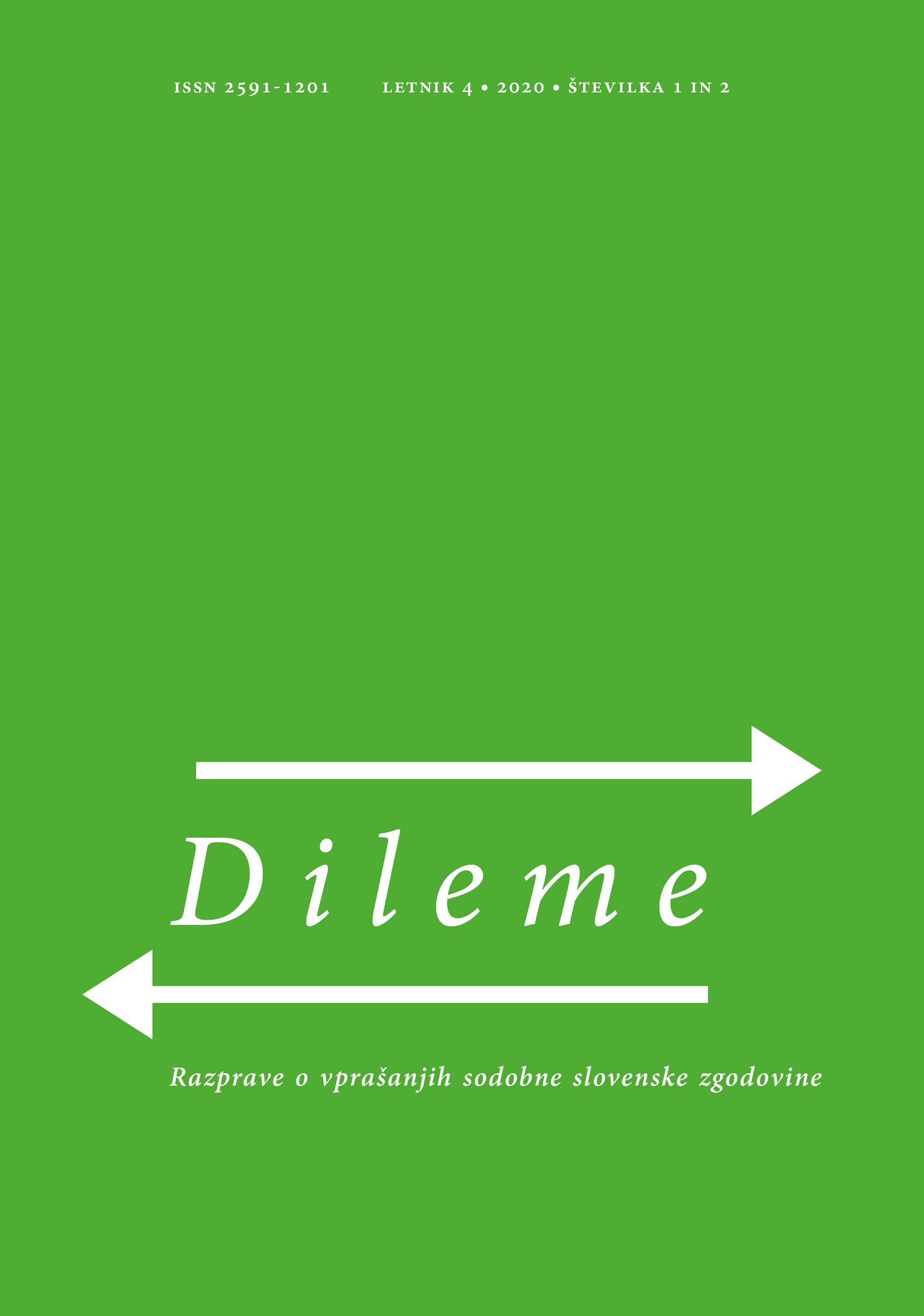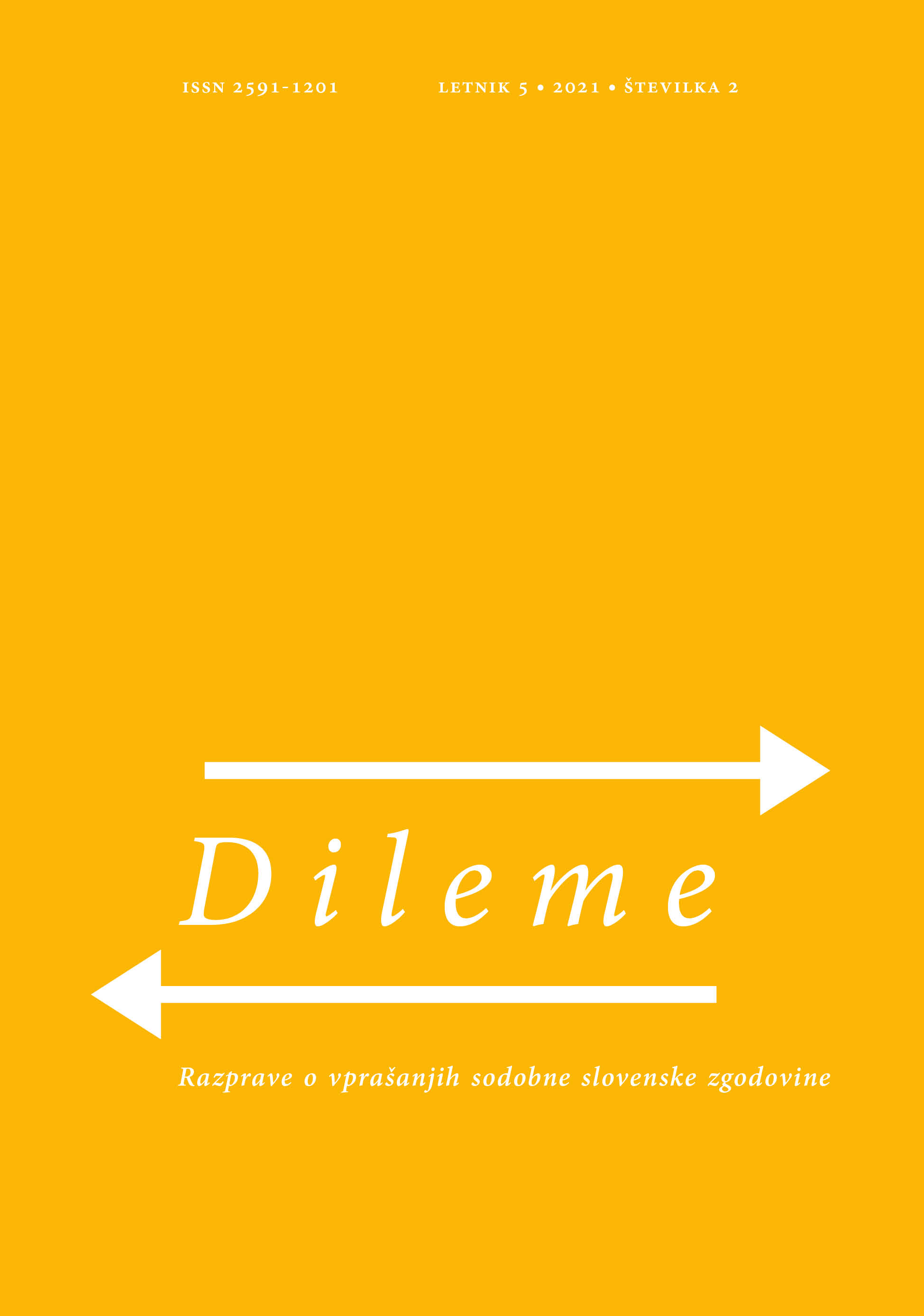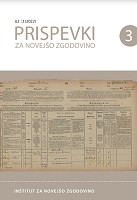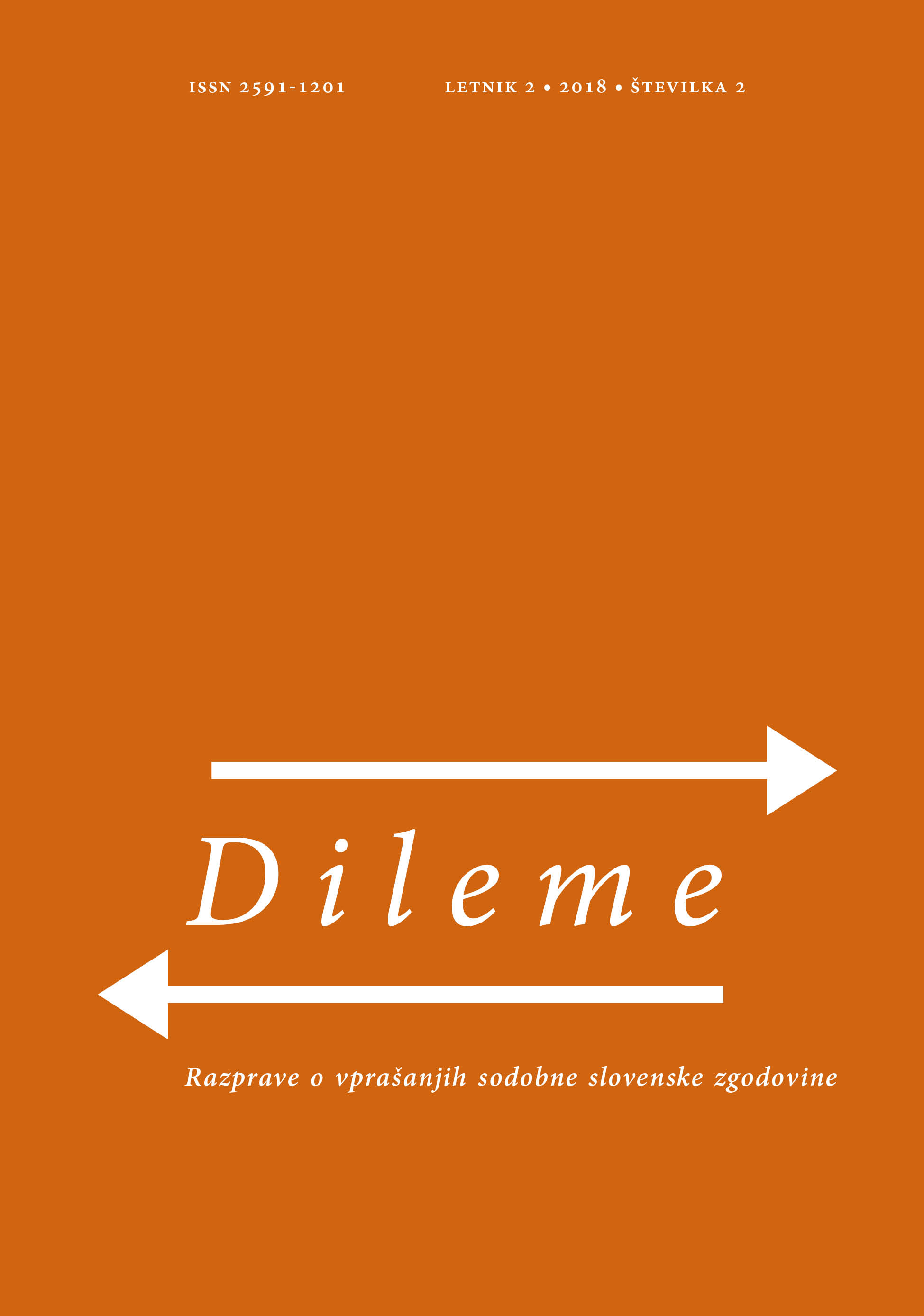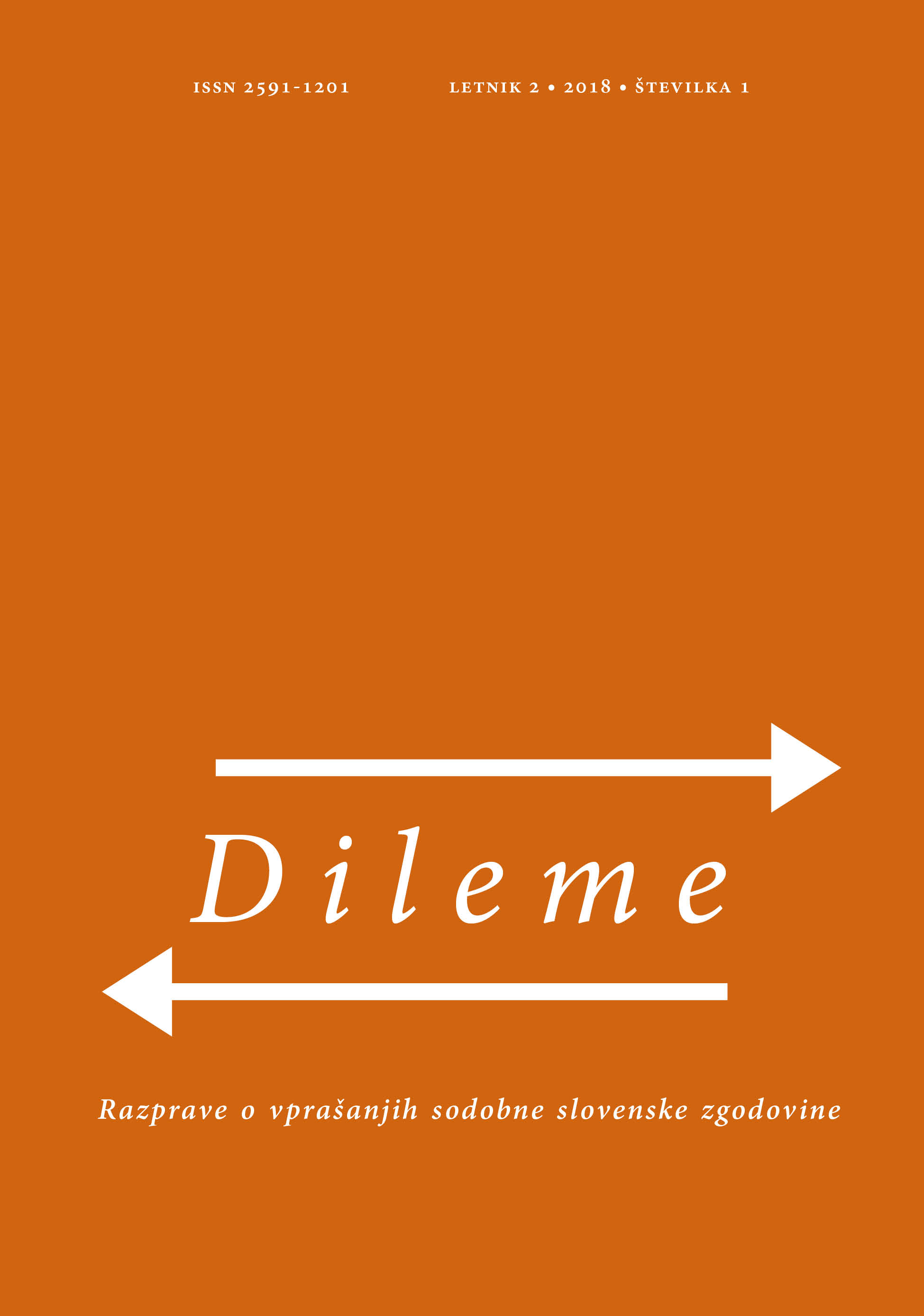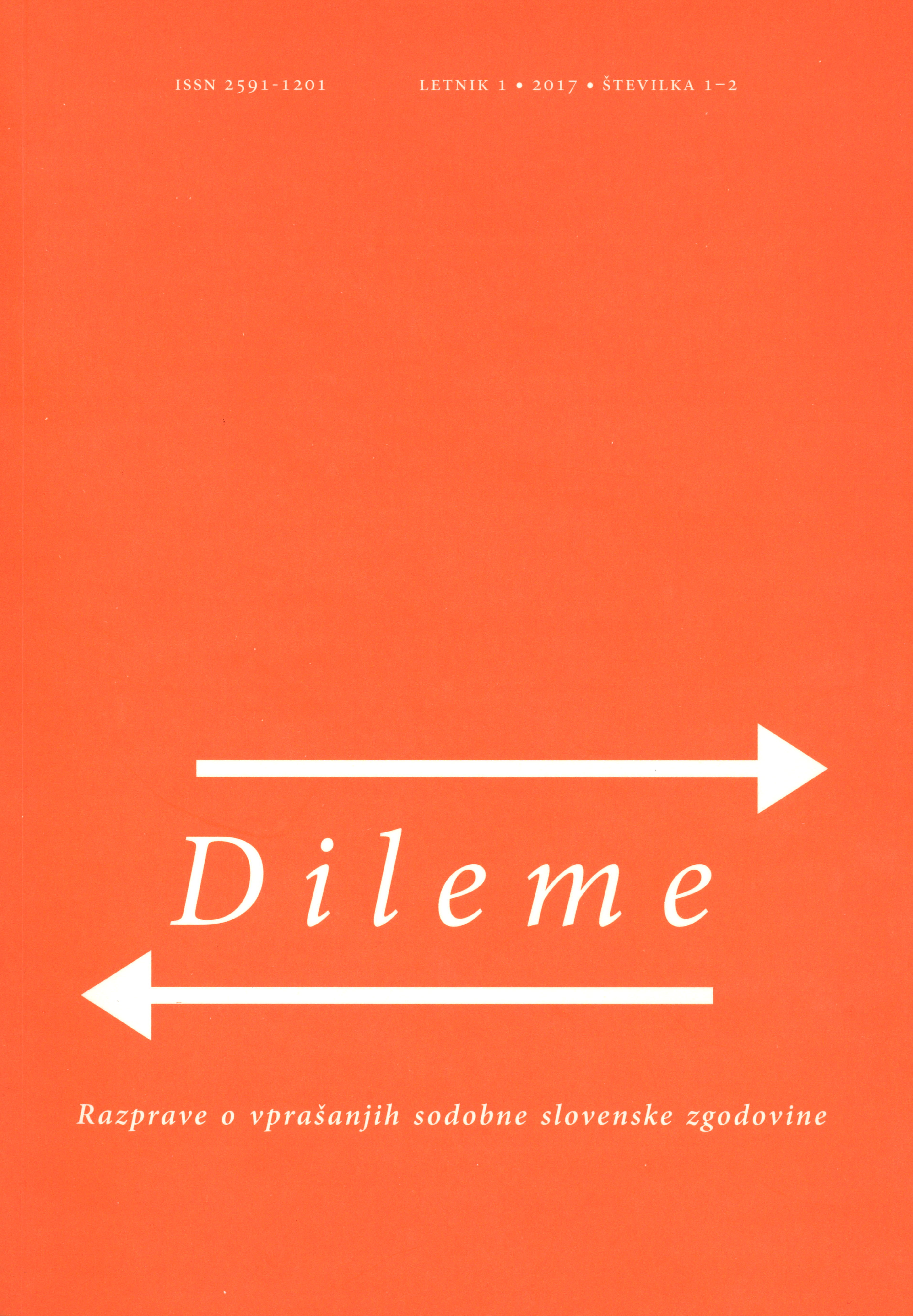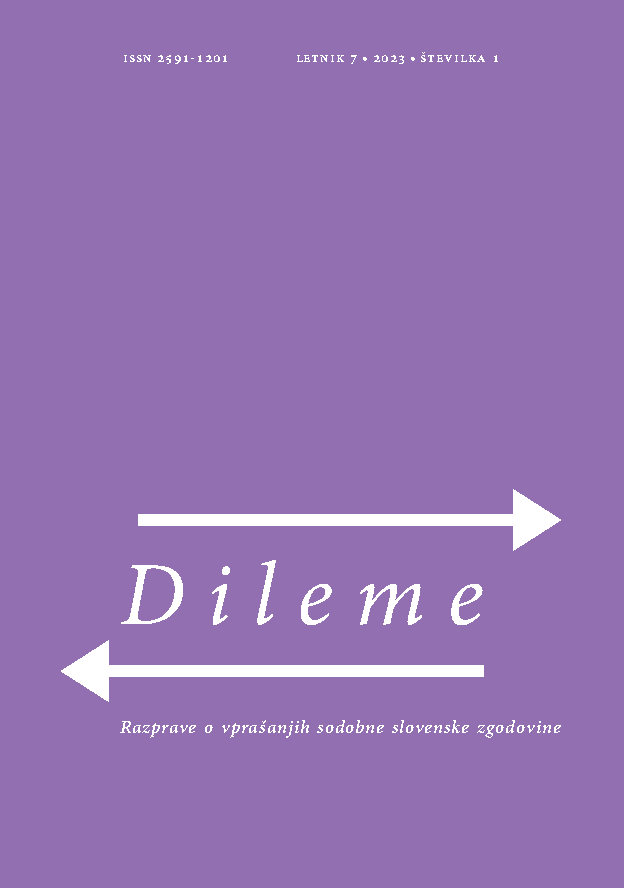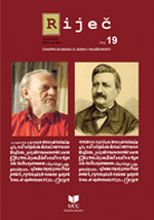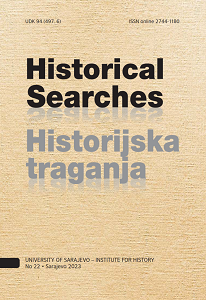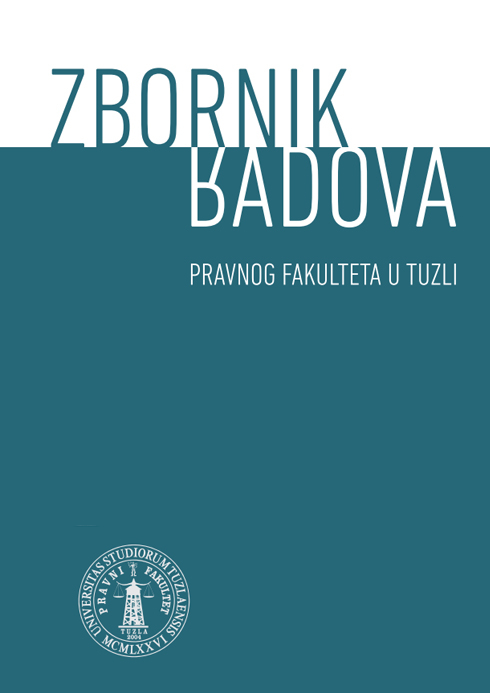Author(s): Mesud Šadinlija / Language(s): Bosnian
Issue: 9/2023
The organization of the Yugoslav armed forces into two strategic components of which the Yugoslav People's Army was one, while the others were made up from the territorial defence forces of the Yugoslav republics and autonomous regions, was a concept based on the idea of a massive and general popular resistance, modelled on the partisan movement from the times of the Second World War. From the outset their development and organizational forms were significantly determined, among other things, by the relationship between the unitarist and separatist tendencies and policies, which was a permanent feature of the complete development of the Yugoslav political system that had its final expression in the provisions of the Constitution of the Socialist Federative Republic of Yugoslavia that had been adopted in 1974. The Constitution defined as the right and duty of municipalities, autonomous regions and republics that, in accordance with the system of people’s defence, each one could regulate and organize the people’s defence forces on its own territory. The Law on the people’s defence also delimited and stipulated that the relevant organs of the Federation established the basic plans concerning the development and implementation of Yugoslav armed forces as a whole, securing the unity of their actions and organizing and preparing the Yugoslav People’s Army, while the relevant organs of the republics, regions and municipalities organized and prepared the territorial defence forces and secured the unity of its organization, preparation and action on their respective territories. This was the basic constitutional responsibility in terms of defence which was not changed for the duration of the common state’s existence. Interventions regarding the organization of Yugoslav armed forces that were implemented since the 1980’s were reflected on certain formational solutions, some aspects of relations in the command and control lines and in the selection of personnel for the most responsible duties in the detachments and headquarters of territorial defence forces, but in essence it did not affect the doctrine nor did it change or derogate the constitutional authority of the republics or their state organs in the domain of defence. The state organs of Bosnia and Herzegovina attempted to secure an equal position in the process of Yugoslav dissolution, up to the extent to which this was possible and within the framework of their jurisdiction. In official documents that were adopted in the Assembly in October 1991 and which defined the determination and attitudes of Bosnia and Herzegovina concerning the possible arrangement of the Yugoslav union and the future relations within it, the constitutional authority of the Presidency was confirmed in the domain of defence as well as in the command and control over the territorial defence forces. After the proclamation of state independence and its subsequent international recognition, the dramatic political crisis escalated into an armed aggression against Bosnia and Herzegovina. By proclaiming the state of direct military threat, the Presidency assumed the responsibilities of the Assembly, and with a set of legal acts quickly defined the forms, organization and dynamic of the development of its own armed forces. This development was quickly initiated on 8 April 1992 with the abolishment of the Republican headquarters of the Territorial defence forces of Bosnia and Herzegovina and the establishment of the Headquarters of the Territorial defence forces of the Republic of Bosnia and Herzegovina, which assumed command over the subordinate headquarters and detachments with an unchanged formation and structure. The Decree with legal power that was passed on 20 May defined that Armed forces in peacetime were made up of the Army of the Republic of Bosnia and Herzegovina, while in wartime they also included the police forces and all other armed units that placed themselves under their command. It was stipulated that until the Army became established, its function in the Armed forces would be performed by the Territorial defence forces of the Republic of Bosnia and Herzegovina. On 4 July 1992 the Presidency as the highest organ of leadership and command passed a Decision about the organization of the Armed forces of the Republic of Bosnia and Herzegovina, whereby the Army of the Republic of Bosnia and Herzegovina was officially formed and put into function, while the Territorial defence forces stopped existing.
More...
